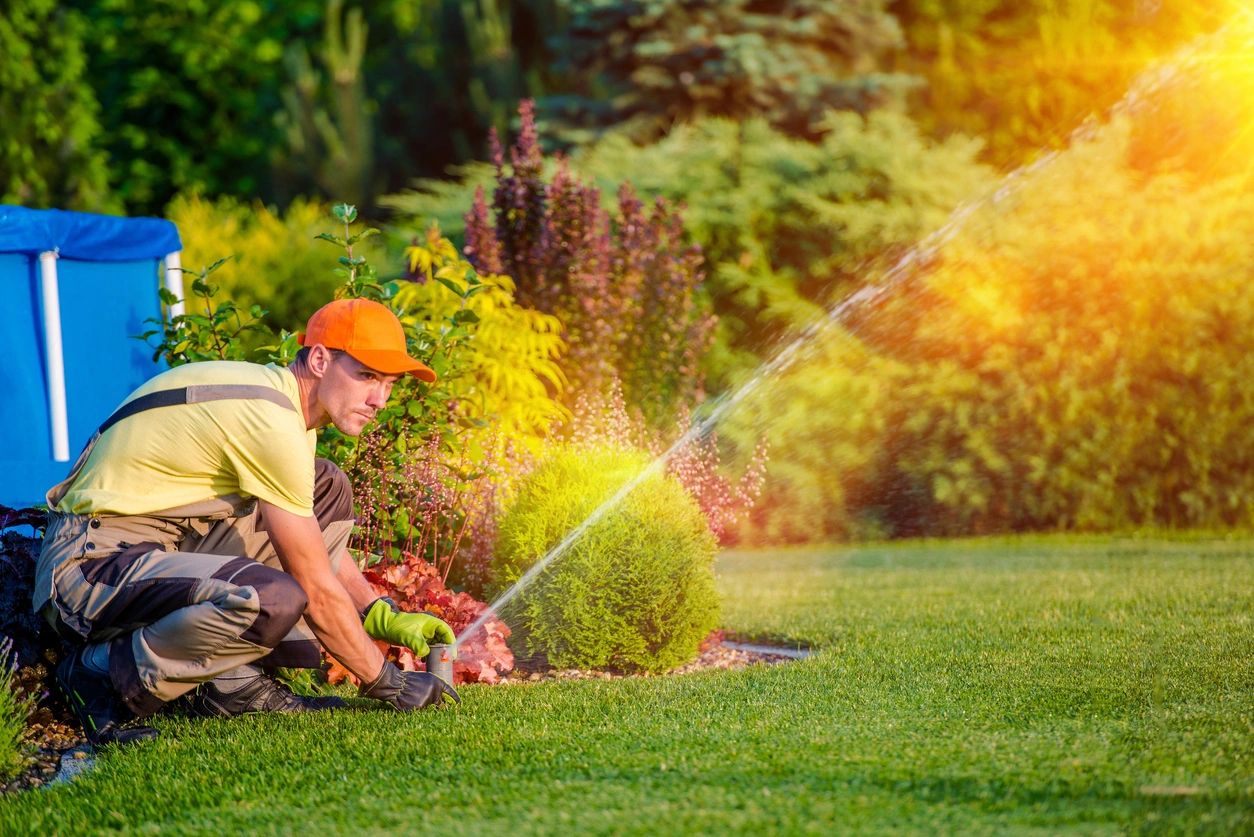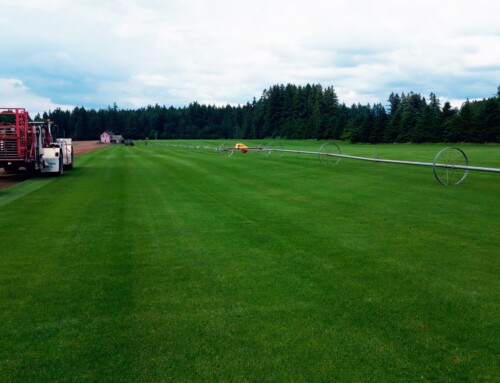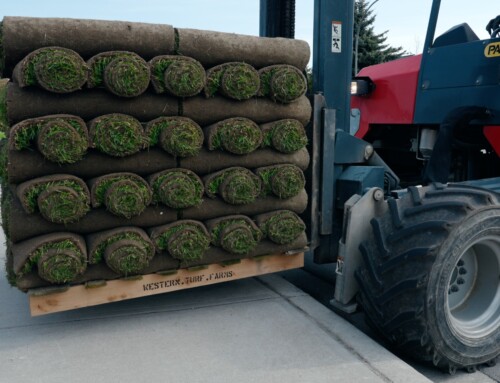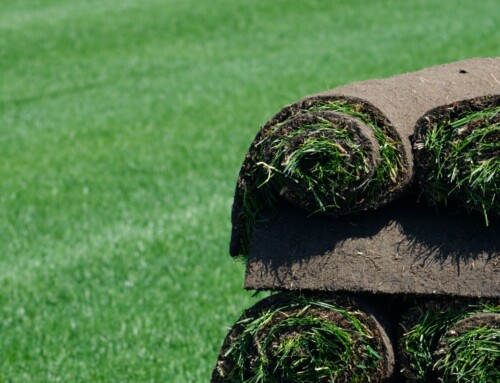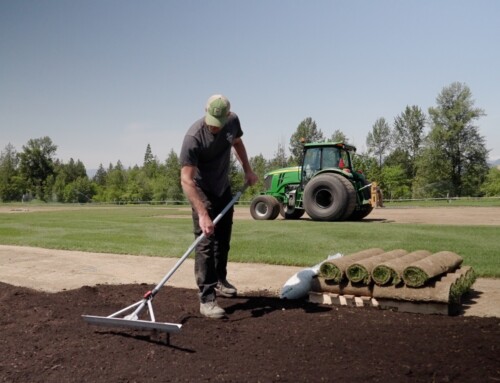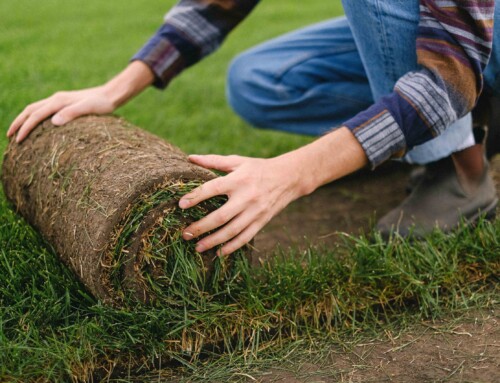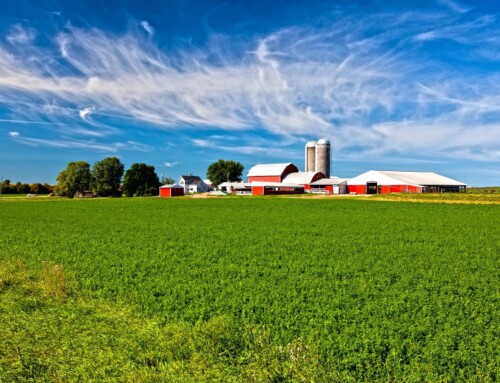In recent years, many homeowners have begun to show a much higher level of environmental awareness, seeking more sustainable choices for their outdoor spaces. One simple option that has been easy to overlook is now gaining traction, and that is natural turf. There are many environmental benefits to natural turf, making it not only an aesthetic choice but also one that is environmentally sound.
The Environmental Impact of Natural Turf
Natural Turfgrass is frequently overlooked when discussing environmental sustainability, but it plays a crucial role in mitigating ecological challenges. Turfgrass plays an important role, acting as a carbon sink. This means it can help protect against climate change by sequestering carbon dioxide from the atmosphere. It also contributes to the production of oxygen. In doing so, it contributes to greater air quality and helps to support a diverse ecosystem.
Soil erosion is a growing concern, with half of the world’s topsoil having been lost in the past 150 years. Turfgrass, with its dense root system, helps prevent soil erosion, thus preserving the integrity of the land.
Another significant advantage of natural turf is its role in mitigating urban heat. Artificial turf and paved surfaces absorb and retain heat, causing elevated temperatures. Natural turf, on the other hand, helps to cool the surrounding environment through transpiration and evaporation. Studies have shown that neighbourhoods with ample green spaces enjoy lower temperatures when compared to areas that are predominantly asphalt and concrete.
With turfgrass helping to lower temperatures, there is less need for energy-intensive cooling systems in homes. The result is reduced energy consumption along with more comfortable environments.
Water Conservation and Soil Health
One of the most critical aspects of sustainable landscaping is the conservation of water. Natural turfgrass offers notable benefits that contribute to this goal. Its deep root system enables greater water absorption and retention in the soil. This reduces runoff and promotes groundwater recharge.
Achieving optimal water efficiency, however, requires some effort, involving proper irrigation practices and soil management techniques. A combination of smart irrigation systems and soil aeration can help homeowners maximize water conservation while simultaneously promoting soil health.
Air Quality Improvements
Natural turf, like any plant, contributes oxygen to the atmosphere through photosynthesis. It also helps to filter the air by capturing airborne pollutants. Its natural filtration process reduces the concentration of harmful gasses in the air, helping to provide a healthier environment for all. This is in marked contrast to artificial turf and paved surfaces.
Embracing Nature in Your Backyard
Choosing natural turf for residential landscapes has long been a means of promoting aesthetically pleasing outdoor spaces, but today it can be viewed as a valuable contributing factor in environmental sustainability.
Natural turf sequesters carbon conserves water improves air quality, and helps to maintain soil health. These environmental benefits make it a logical choice for environmentally conscious homeowners. Embracing nature through sustainable backyard landscaping practices helps to preserve the environment for future generations while creating greener, more vibrant communities.
Start your eco-friendly transformation today with Western Turf Farms!

